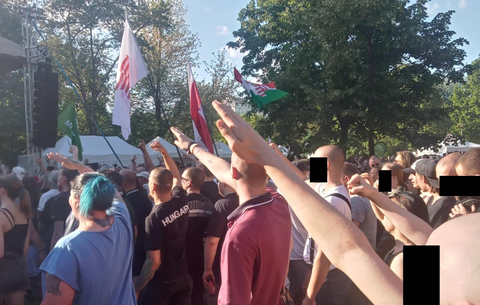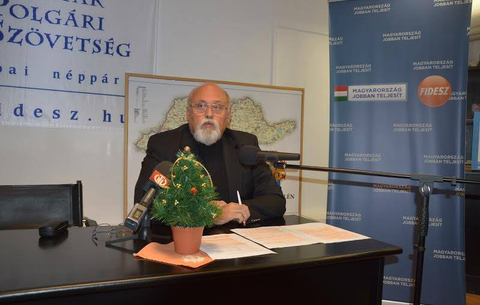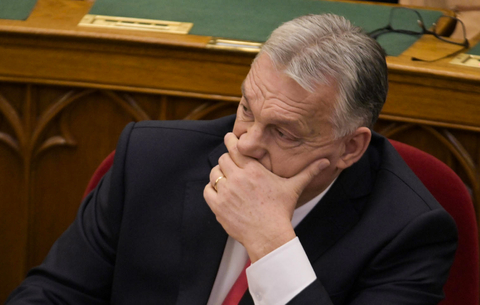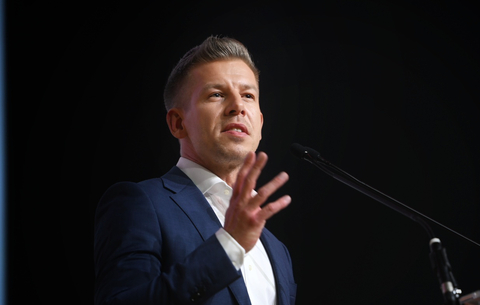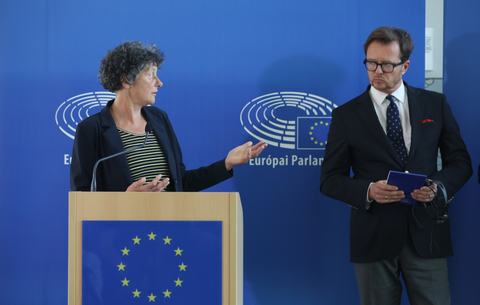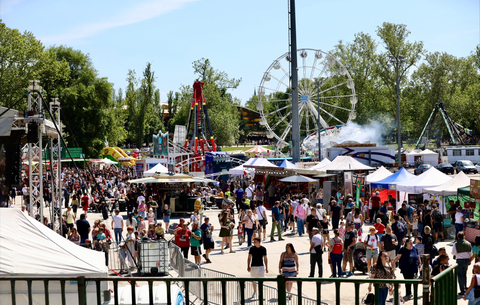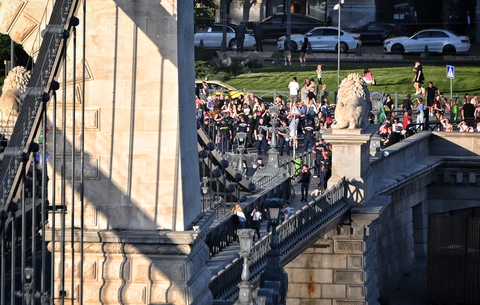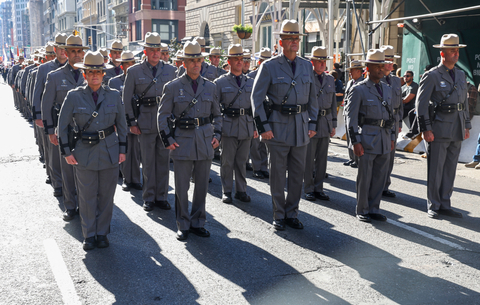Imre Mecs on the suspect circumstances of the TV siege
The Socialist politician Imre Mecs has concluded from a look at secret service reports on 2006's street riots that the circumstances surrounding the TV headquarters siege are suspicious. Mecs, one of the founders of the Free Democrats, believes his former party should have become joined the ranks of the western social democrats when the opportunity was offered in 1992. Interview with a man who was sentenced to death in 1956.
© Túry Gergely |
I.M.: The Free Democrat' quota proposal is a superficial solution to an important social problem. We've been subjected to a lot of enforced quotas over the past 50 or 60 years. It would be good if more women entered public life, but it will only happen if the obstacles in women's paths are removed. It's about hard work and patience. The Free Democrats' diktat-like proposal will not do. In its current form, the "quota law" violates parliamentarianism and the constitution, and its advocates did not conduct any consultations before introducing it. They have damaged the cause of women's equality. My wife agrees, for that matter. We think that in the current critical situation, the main problem is not that there are few women in parliament. It seems that doctrinaire liberals never thought of fighting to balance out the numbers of women and men teaching in schools. Yet there, women are in the majority, which experts believe is damaging for future generations.
Although you were a founder of the Free Democrats, you had serious arguments with some of its leaders. Is that why you left the liberals in 2006?
I.M.: I didn't leave them. I'm still a member of the Free Democrats – I only suspended my membership for five years. I haven't joined the Socialist Party, but I sit on the Socialist benches. My views are socialist-liberal, and my decision in 2006 did not violate my principles. Few know that after the regime change, the western European social democratic parties wanted the Free Democrats to develop into a modern Hungarian social democratic party. That's why I and Gabriella Beki set up the social-liberal platform within the Free Democrats in 1992. Sadly, neither Janos Kis, nor Balint Magyar, nor anybody else wanted to accept the western social democrats' proposal, so it all petered out. I'd add that Jozsef Antall also supported this idea. When Peter Tolgyessy became president of the Free Democrats, only three of the old senior officers, Ottilia Solt, Gabi Beki and myself, continued to serve in the same positions.
I have fairly bitter experiences of the hard core of Free Democrat leaders. We had real differences of opinion 10 years ago relating to a proposal to commemorate Imre Nagy. Some doctrinaire Free Democrats opposed the proposal, saying nobody could be forced to commemorate anybody, and that this applied to Imre Nagy as well. Yet it is an old Hungarian custom, widely accepted abroad, that the legislature honours certain important figures. Only two Free Democrats voted in favour of this proposal. The rest abstained. But it was only an episode. There were other signs suggesting that the party I had helped found was not going in the direction we wanted it to. At the beginning of the 1990s, Hungarian liberals still believed in a social market economy, while today the businessman-politicians of the Free Democrats are believers in 19th century-style 'Manchester capitalism'. For me, liberalism is a balanced system with sensible restrictions and a commitment to solidarity. I believe most of the original members – many of whom have had to leave the party – share my views.
But don't you worry that the Socialists are simply exploiting you, a former revolutionary, someone who was sentenced to death in the Kadar era?
© Horváth Szabolcs |
Yes, it was a crucial moment, but let's go forward a little. You were a Free Democrat when, in September 2002, you agreed to head a parliamentary committee whose purpose was to absolve the then prime minister Peter Medgyessy of any guilt. A short while afterwards, it emerged he had had a very compromising relationship with the security services.
I.M.: I don't think I betrayed my principles. I wasn't there to absolve anyone. I was there to expose the details of the past. Sadly, the committee was exploited for political purposes by both sides. I was on my own. The opposition withdrew from the committee, staying only until it had got its hands on the secret service documents. When it emerged that rather more members of the Antall and Orban governments had had connections with the pre-1989 security services than had members of the Horn and Medgyessy governments, they started sabotaging the work of the "Mecs Committee." It wasn't hard, since parliamentary investigative committees have no constitutional status. So we became inquorate. The leaders of my own party, the Free Democrats, didn't tell me that a liberal politician, Gabor Szalay, had also been an informant.
What did a 1956 freedom fighter feel on the 50th anniversary of the revolution when he saw the fighting on the streets?
I.M.: I'm a member of two committees dealing with these issues. I'm in the parliamentary defence and public order committee and in the committee overseeing the security services. Sadly, what I've learned in those committees is classified, so I can't give any details. As far as the "siege" is concerned, I regard events as highly suspect. There could be many surprises to come, especially relating to the reports the security services prepared. I don't a few thousand hooligans could have had such an impact without real political and financial support.
Cui bono, asked Seneca. It's hard to believe, but at least three times more policemen than demonstrators were seriously wounded last September. What's clear is that it never occurred to me that the events took place on the same spot where I and Janos Kis gave a speech on 16 June 1988 and the police beat us up.
János Pelle

